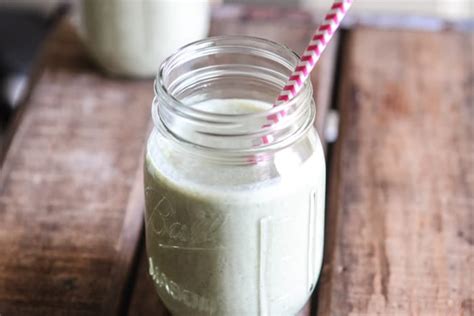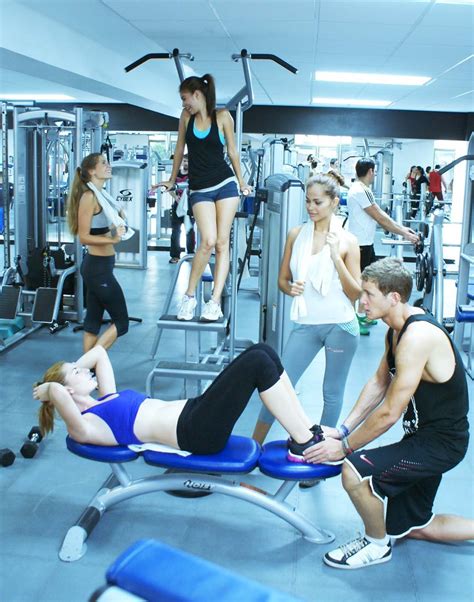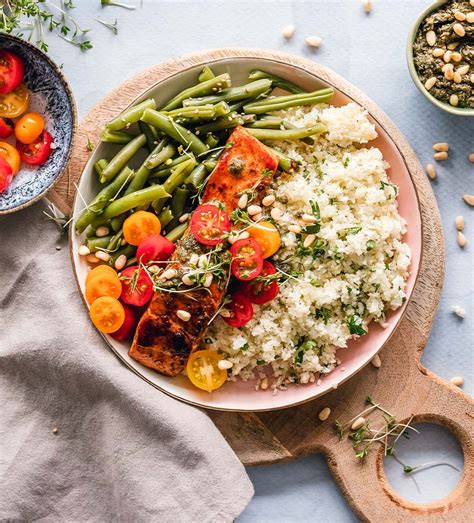Post-workout nutrition for rapid muscle recovery & growth?

Optimizing Recovery and Growth: The Power of Post-Workout Nutrition
After pushing your limits in the gym, your body enters a critical phase where proper nutrition can make or break your progress. Post-workout nutrition isn’t just about feeling full; it’s about providing your muscles with the building blocks and energy they need to repair, rebuild, and grow stronger. Neglecting this crucial window can hinder recovery, increase soreness, and slow down your muscle-building efforts.
The “Anabolic Window” Reconsidered
For years, the concept of a strict “anabolic window” – a short, 30-60 minute period immediately after training where nutrient timing was paramount – dominated fitness advice. While the urgency might be less extreme than once thought, the principle remains: consuming the right nutrients relatively soon after exercise significantly optimizes recovery and muscle protein synthesis. Your muscles are primed to absorb nutrients, making it an opportune time to kickstart the repair process.
Protein: The Cornerstone of Muscle Repair
Protein is non-negotiable for muscle recovery and growth. During exercise, muscle fibers experience micro-tears. Protein, broken down into amino acids, provides the necessary components to repair these tears and build new muscle tissue. Aim for a high-quality protein source, ideally within 1-2 hours post-workout. Whey protein is popular for its fast absorption, but casein, eggs, chicken, fish, and plant-based proteins like soy or pea are excellent choices.

General recommendations suggest consuming 0.25-0.55 grams of protein per kilogram of body weight post-exercise, or roughly 20-40 grams for most individuals, depending on body size and training intensity. Spreading protein intake throughout the day is also crucial for overall muscle maintenance and growth.
Carbohydrates: Replenishing Energy Stores
While protein rebuilds, carbohydrates refuel. Intense workouts deplete muscle glycogen stores, your body’s primary energy source. Consuming carbohydrates post-workout helps replenish these stores, preparing your muscles for your next training session. This also aids in shuttling protein into muscle cells and can blunt cortisol levels, a catabolic hormone.

Focus on easily digestible carbohydrates like fruits (bananas, berries), white rice, potatoes, oats, or whole-grain bread. The amount needed varies, but a general guideline is 0.8-1.2 grams of carbohydrates per kilogram of body weight, often in a 2:1 or 3:1 carb-to-protein ratio, especially for endurance athletes or those with high-volume training.
Healthy Fats and Hydration: Supporting Roles
While fats are essential for overall health and hormone production, they tend to slow down digestion. For immediate post-workout recovery, it’s generally recommended to keep fat intake relatively low to prioritize the rapid absorption of proteins and carbohydrates. However, including healthy fats in your overall diet is vital.

Hydration is paramount but often overlooked. You lose significant fluids and electrolytes through sweat during exercise. Rehydrating post-workout is crucial for nutrient transport, maintaining blood volume, and overall bodily function. Drink plenty of water and consider electrolyte-rich beverages if your workout was particularly intense or long.
Considering Key Supplements
While whole foods should form the foundation, certain supplements can complement your post-workout strategy:
- Creatine: Helps replenish ATP, enhancing strength and power.
- BCAAs (Branched-Chain Amino Acids): While protein already contains BCAAs, some find extra supplementation beneficial for reducing muscle soreness, though research is mixed on its added benefit beyond adequate protein intake.
- Glutamine: May aid immune function and gut health, which can indirectly support recovery.

Crafting Your Ideal Post-Workout Meal
Combining protein and carbohydrates is key. Here are some ideas:
- Whey protein shake with a banana and a scoop of almond butter.
- Chicken breast with sweet potato and steamed vegetables.
- Greek yogurt with berries and a sprinkle of granola.
- Scrambled eggs with whole-grain toast and avocado.
- Tuna salad on whole-wheat bread with an apple.

Remember, consistency is more important than perfection. Find a post-workout nutrition strategy that fits your lifestyle, dietary preferences, and training goals, and stick with it.
Conclusion
Post-workout nutrition is a powerful tool in your fitness arsenal. By strategically fueling your body with the right balance of protein, carbohydrates, and adequate hydration, you can significantly accelerate muscle recovery, reduce soreness, and optimize the environment for muscle growth. Pay attention to your body’s signals, experiment with different food combinations, and make post-workout nutrition a non-negotiable part of your fitness routine for lasting results.








